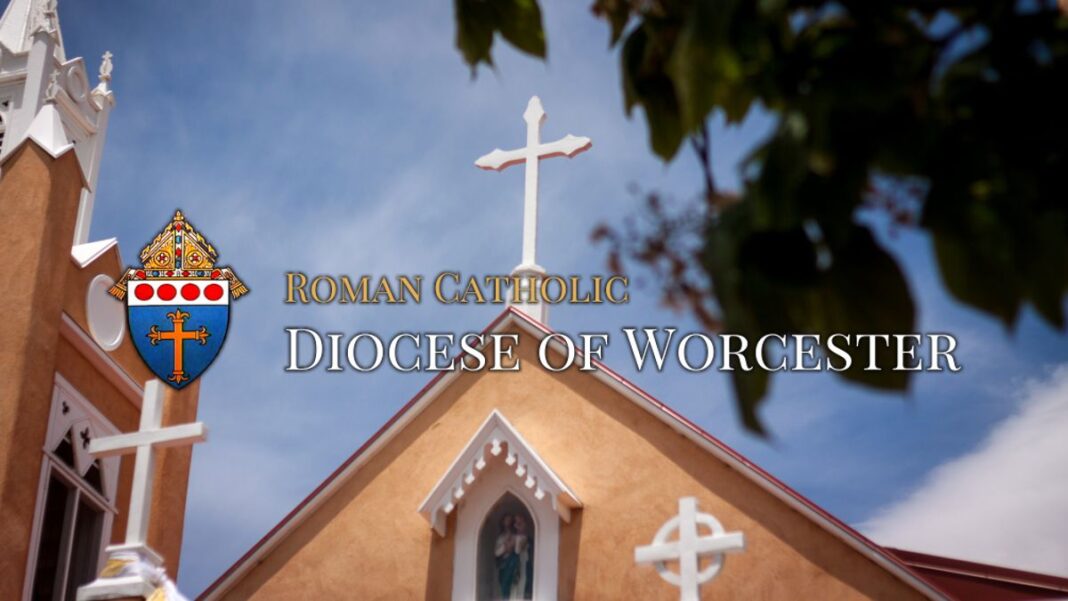Open Society Foundations-backed NGOs are pushing censorship agenda in Ireland and Scotland that includes police searches of homes, phones and computers.
Hatred of racial, religious, and sexual minorities is rising dangerously in Ireland, say the country’s leaders. “Hate-based offenses have become increasingly common in recent years,” said Ireland’s Justice Minister, Helen McEntee, last June. Irish police, she said, have “reported a 29% increase in reported hate crimes in 2022 compared to the previous year.”
However, an increase in the reporting of hate offenses is different from an actual increase. For police to classify something as a hate offense, which is either a crime or “incident,” which is a hate act that is not criminalized, no actual proof or evidence is required beyond somebody simply calling it that. The police themselves admit that the threshold for perception required for this is “very low.”
In fact, you don’t even have to be the victim of the alleged crime to report it. A random bystander who has nothing to do with the event can say, “I think it was based on prejudice,” and it will be categorized as such. Someone could report what was an obvious joke between laughing friends as a “hate incident” to the police.
None of this is to say that Ireland is free from hatred. Certainly, throughout history, the Emerald Isle has had periods of animosity and strife. While it’s certainly true that there is a certain amount of bigotry in Ireland, that’s true of all societies.
But the increase in “hate-based offenses” is clearly from an increase in reporting, not actual hate crimes or “incidents.” Since 2019, the police and the government have openly urged people to come forward and report hate incidents. In 2021, the police said their goal was to “increase levels of reported hate crime.” The idea was that these hate crimes were already occurring, but nobody wanted to report them for some reason — though there is no evidence to support this claim.
By Ben Scallan









